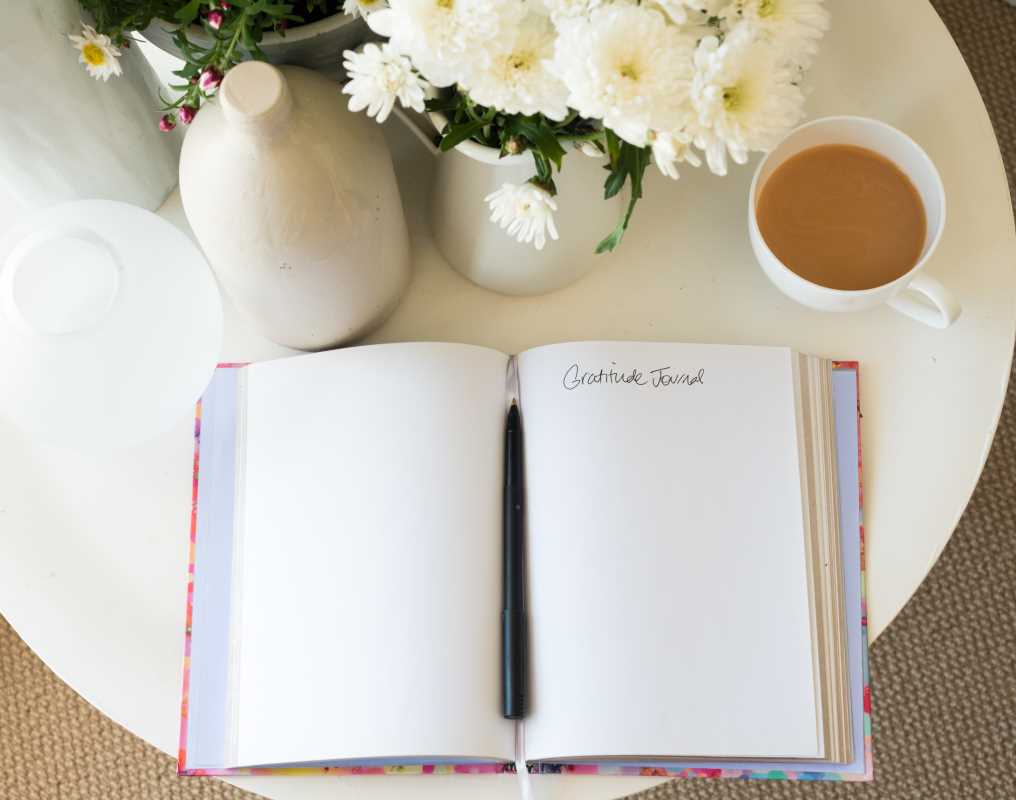Busy weeks often leave both mind and body longing for a break, yet you don’t have to travel far to find it. Home offers a comfortable setting where you can build routines that help you unwind and regain energy. By adding soothing activities that appeal to your senses, you create a clear boundary between work and relaxation. Lighting a favorite candle, listening to calming music, or taking a few deep breaths can quickly refresh your mood. These small but meaningful changes invite you to slow down, shift your attention away from daily demands, and discover the restful moments you deserve.
This introduction sets the stage for fresh angles on self-care, steering clear of stale clichés. You’ll explore why carving small rituals feels invigorating rather than indulgent—and how these active steps can restore your energy without stretching your schedule thin.
Discover Fresh Paths to Personal Renewal
Self-care isn’t just bubble baths or scrolling social feeds; it’s about choosing actions that address your unique needs, whether mental, physical, or creative. Embrace rituals that ignite curiosity and spark joy as you wind down. By treating these moments as experiments—rather than chores—you’ll feel more in control over your relaxation process.
Avoid the trap of one-size-fits-all advice. Instead, notice how sounds, scents, and simple movements can shift your mood and set the tone for restorative hours ahead. You’ll set up a toolkit of flexible options that blend seamlessly into an evening routine you look forward to.
Hands-On Decompression Techniques to Try Tonight
- Breath-Pattern Reset
- Purpose: Ease tension and signal your nervous system to slow down.
- Steps:
- Find a quiet spot and sit with a straight back.
- Inhale deeply through your nose for four counts.
- Hold for two counts, then exhale for six counts.
- Practice for five minutes before screens go off.
- Cost: Free; no equipment needed.
- Insider tip: Play low-volume ocean waves to guide your timing.
- Guided Body Scan
- Purpose: Track and release tension from head to toe.
- Steps:
- Lie on a comfortable surface with eyes closed.
- Focus on your toes and gradually relax each muscle group upward.
- If your mind drifts, gently redirect it to the current body part.
- Cost: Free; audio guides available online.
- Pro tip: Pair with a lavender-scented eye mask for deeper focus.
- Creative Journaling Prompt
- Purpose: Untangle mental knots and spark new perspectives.
- Steps:
- Keep a dedicated notebook nearby.
- Set a timer for ten minutes and write stream-of-consciousness responses (e.g., “What felt surprisingly good today?”).
- Avoid editing or censoring—let ideas flow freely.
- Cost: Basic spiral notebook under $5.
- Insider tip: Highlight one standout line and revisit it the next night to track mood shifts.
- Gentle Movement Sequence
- Purpose: Release stress and counteract prolonged sitting.
- Steps:
- Stand tall and roll shoulders forward three times, then backward three times.
- Reach arms overhead, interlace fingers, and tilt side to side.
- Finish with slow neck rolls, pausing at tight spots.
- Cost: Free; no mat required.
- Insider tip: Exhale with each movement to maximize release.
- Mindful Tea Ritual
- Purpose: Engage senses and create a transition into personal relaxation.
- Steps:
- Choose a herbal tea packet or loose-leaf blend.
- Heat water to the recommended temperature, noticing sound and steam.
- Sip slowly, paying attention to temperature, aroma, and flavor.
- Cost: Herbal tea usually under $10 per box.
- Insider tip: Store tea in a clear jar to heighten anticipation before brewing.
Building a Sustainable Weekend Momentum
Focus on rituals that feel natural, letting go of those that don’t, and keep your favorite practices visible as reminders. Small wins build confidence and extend your sense of calm throughout the weekend. With steady practice, these routines recharge your energy and set the stage for a focused week ahead.


.jpg)




.jpeg)